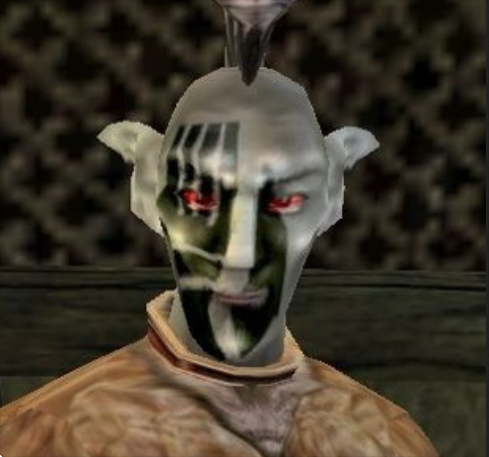

I use 101domain.com
They’re not always the cheapest option but they seem to support a lot of TLDs and their customer support is always fast and staffed by actual humans.


I use 101domain.com
They’re not always the cheapest option but they seem to support a lot of TLDs and their customer support is always fast and staffed by actual humans.
Not recently… I’m just completely out trust and benefit of the doubt based on the various controversies and where their (Tencent) money is coming from.
Well said - my patience ran out about 6 or 7 “mistakes” ago. I’m never going back.
For me, they’d have to
I have zero expectation that any of these things will happen. The most healthy way forward, for an open and free internet, is the meritocracy of the fediverse.


Wow… managed to find the original post from 2004. This is slashdot news story that got me started with e17 nearly 20 years ago now.


Ahhh, e17 - I’ve got memories of building it from either cvs or svn at the time as soon as it was announced by rasterman on Slashdot.
e17 was my daily driver for a long time. It looked very pretty, before compositing was even a thing on the desktop, all without sacrificing performance. The biggest downside was that it wrote its configs as binary blobs which frequently broke as new development releases came out.


My heart still belongs to enlightenment/e17 but I’ve been using i3 for the past few years, and then hyprland for the last 4 months or so. It’s working out well.
Using hyprland+nvidia, I’ve had good luck using this screen_shader command:
hyprctl keyword decoration:screen_shader /path/to/flux.glsl
Where flux.glsl is
// blue light filter shader
// values from https://reshade.me/forum/shader-discussion/3673-blue-light-filter-similar-to-f-lux
precision mediump float;
varying vec2 v_texcoord;
uniform sampler2D tex;
void main() {
vec4 pixColor = texture2D(tex, v_texcoord);
// green
pixColor[1] *= 0.855;
// blue
pixColor[2] *= 0.725;
gl_FragColor = pixColor;
}
If that’s the case, it’s a bit of an ugly hack but you could make a wrapper script placed in
/usr/local/bin/inkscapelike this:#!/bin/bash flatpack run org.inkscape.Inkscape ${*}(the
${*}will pass along all the arguments that the wrapper script was called with)